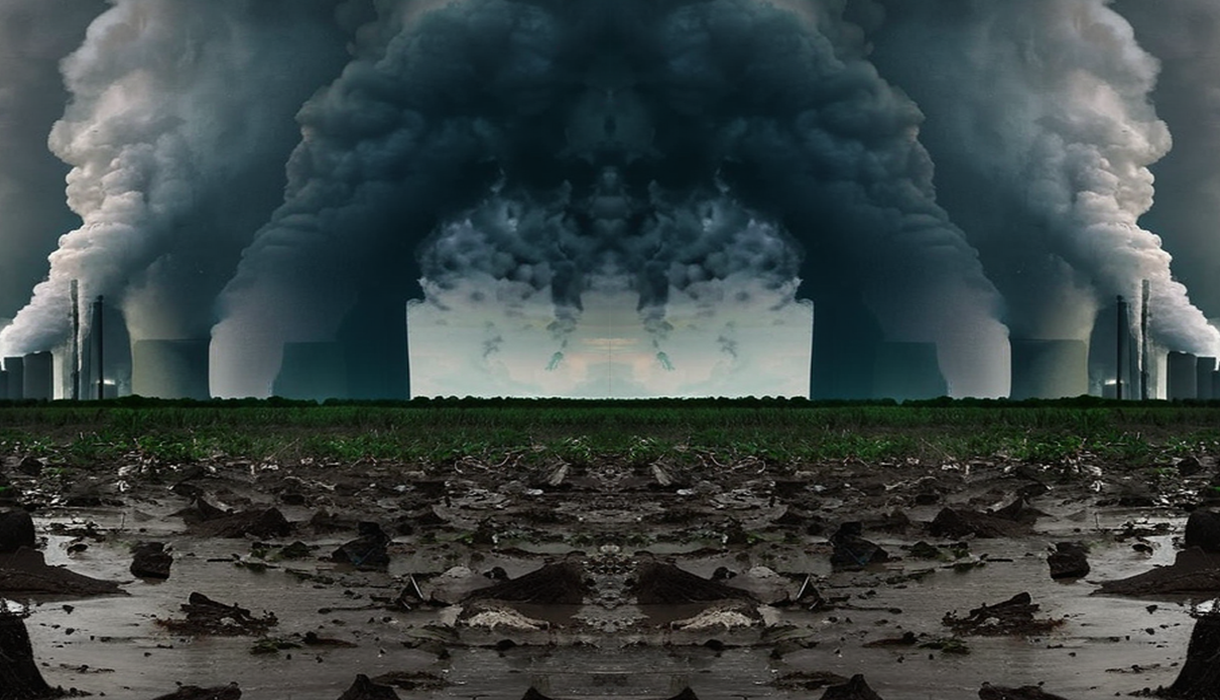Climate change is not just a financial crisis but also a major environmental crisis and economic challenge as well which are being dealt by governments worldwide in order to mitigate and maintain its effect on societies and territories. The financial concerns and challenges related to control the climate and its effects are numerous and very important to cater to by keeping all aspects in check related from disaster relief and infrastructure repair to healthcare expenditures and agricultural losses. For that, governments are drastically taking measures to sustain the climate control expenses and implementing several plans of actions for their populations and economies to be safeguarded.
The financial associations of climate change impacts and are evident in many crucial ways and each way is a challenge for the government with respect to resources and budget. So, most important and highly concerned cost which is always there when there is a climate impact i.e. disaster emergency services which includes costs of recovery and response time which are required more often as when extreme weather conditions become more frequent and intense. Emergency services including disaster relief and rebuilding infrastructure and other related are much in need as environmental impacts increases in different ways including floods, wildfires and natural disasters.
Furthermore, governments are also very keen to look after for healthcare emergency services which are of main concern as climate change is definitely having health risks in terms of infectious diseases including malaria, dengue fever, air pollution which leads to worsen situations for asthmatic patients. In addition, heatwaves result in direct heat related illnesses and issues. Many of the governments have a separate entity which are taking care only the healthcare related issues which are being caused by climate change.
Due to heavy rainfall, floods, heatwaves and other natural disasters are also majorly effecting the agricultural losses which is also a financial burden on the government as they have to take care of their farmers and livestock. This impact is a dual impact on government as they need to take care the climate impact and also being threatened by food security to make insurance program and other practices to mitigate these impacts.
Governments are making and implementing numerous strategies to manage and control the financial costs of climate change and maintain integrity socially and territory wise. Greenhouse gas emissions mitigation efforts and trying to limit the severity impacts in long term. These all measure includes moving to renewable energy sources, enhancing energy efficiency standards, and implementing carbon pricing mechanisms to cater emission reductions.
After all these drastic efforts which have been applied by the governments still the financial costs are increasing day by day which is adding pressure on government budgets and resources. As such, there is a growing recognition of the need for innovative financing mechanisms and partnerships to mobilize additional resources and share the burden more equitably.
In conclusion, as governments work to preserve the resilience and integrity of their societies and territories, the financial cost of climate change presents serious challenges on a global scale. The costs of climate change are numerous and extensive, ranging from medical expenses and disaster
relief to agricultural losses and coastal protection measures. In response, governments are working on international cooperation, adaptation, and mitigation strategies. To overcome these obstacles and create a more strong and sustainable future for everybody, cooperation and unwavering commitment are very necessary.
References:
https://www.government.nl/topics/climate-change/national-measures
